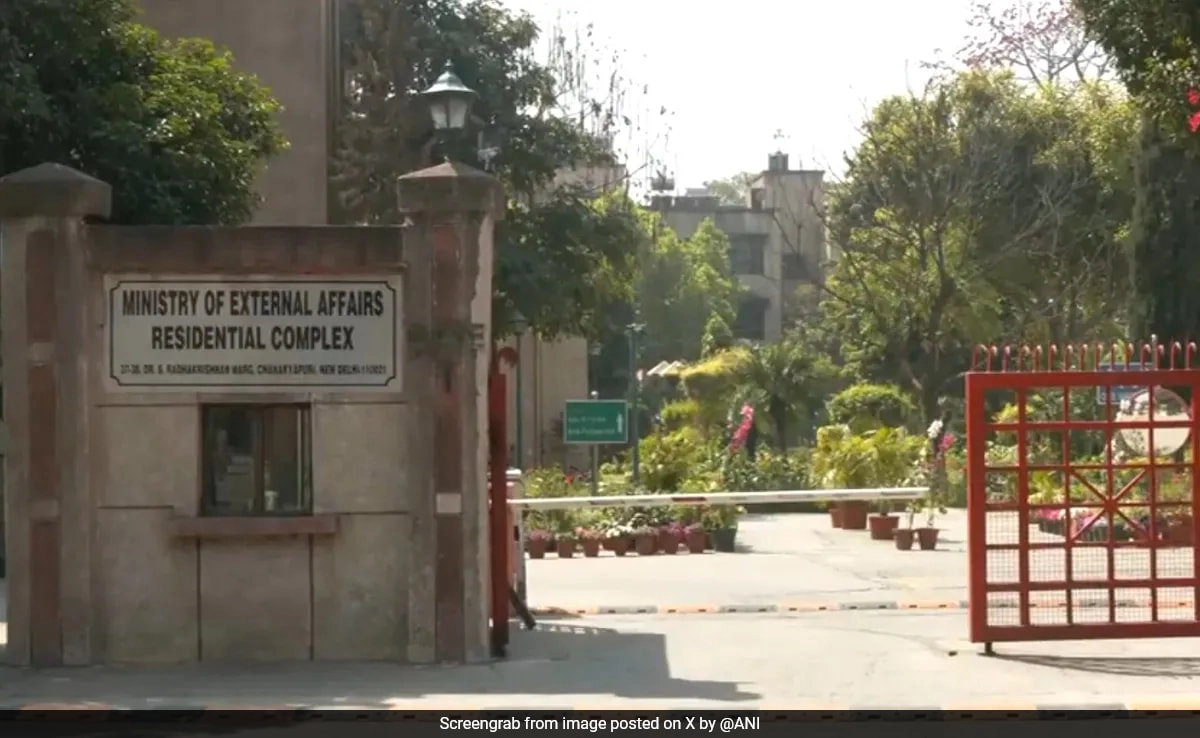In a significant ruling, the Supreme Court of India addressed the intricate issue of gotra, particularly in the context of marriage and inheritance rights. The court emphasized that when a woman marries, her gotra, which denotes her clan or lineage, changes to that of her husband’s. This legal perspective highlights the traditional practices surrounding marriage in Indian society, where the concept of gotra plays a crucial role in determining familial ties and inheritance. The ruling underscores the importance of understanding how personal identities evolve with marital unions, particularly in a country where lineage often dictates social and legal standings.
The ruling arose from a case concerning inheritance rights, where the question of whether a married woman retains her natal gotra or adopts her husband’s became central to the proceedings. The court’s decision clarified that upon marriage, a woman’s legal identity aligns with that of her husband’s family, thereby adopting his gotra. This interpretation not only reflects traditional customs but also has broader implications for women’s rights within the framework of inheritance law. It reinforces the notion that marriage is not just a personal union but also a significant legal transformation that influences property rights and familial relationships.
Critics of the ruling may argue that it perpetuates patriarchal norms and undermines women’s agency by tying their identities to their husbands. However, proponents assert that this understanding of gotra and marriage can also foster familial unity and continuity in lineage. As society evolves, the discourse around such traditions is essential, prompting a re-evaluation of how cultural practices intersect with modern legal standards. The Supreme Court’s decision serves as a pivotal reference point in the ongoing dialogue about women’s rights, inheritance, and the evolving nature of familial identities in contemporary India, encouraging a deeper examination of how these concepts are navigated in today’s society.




